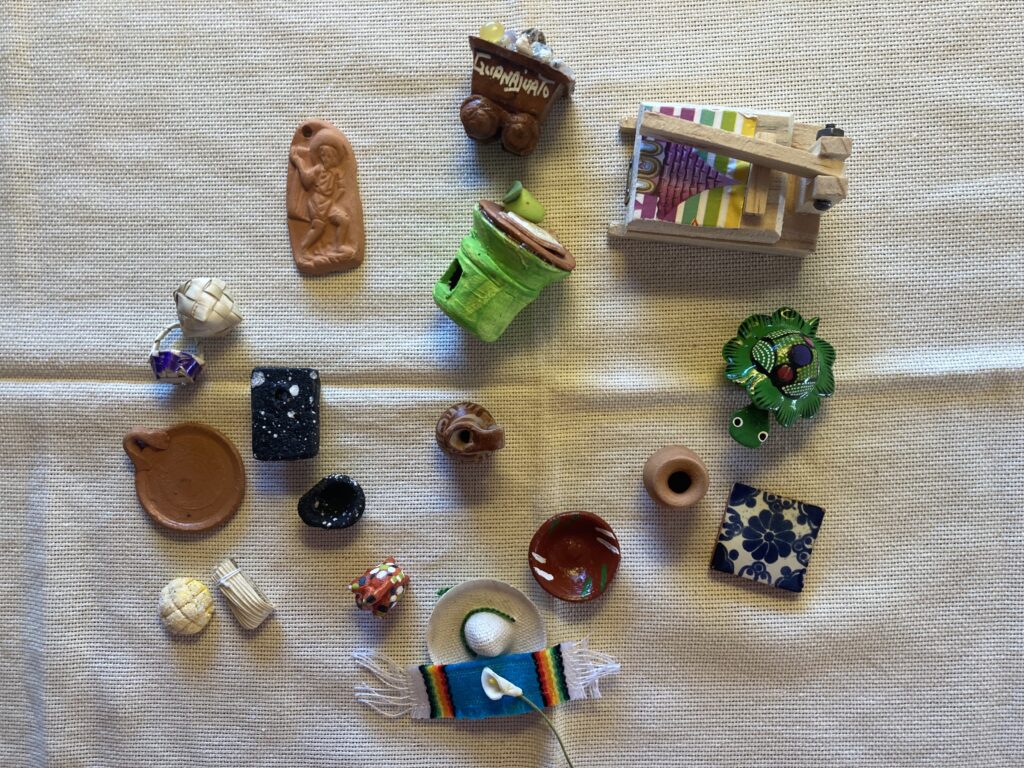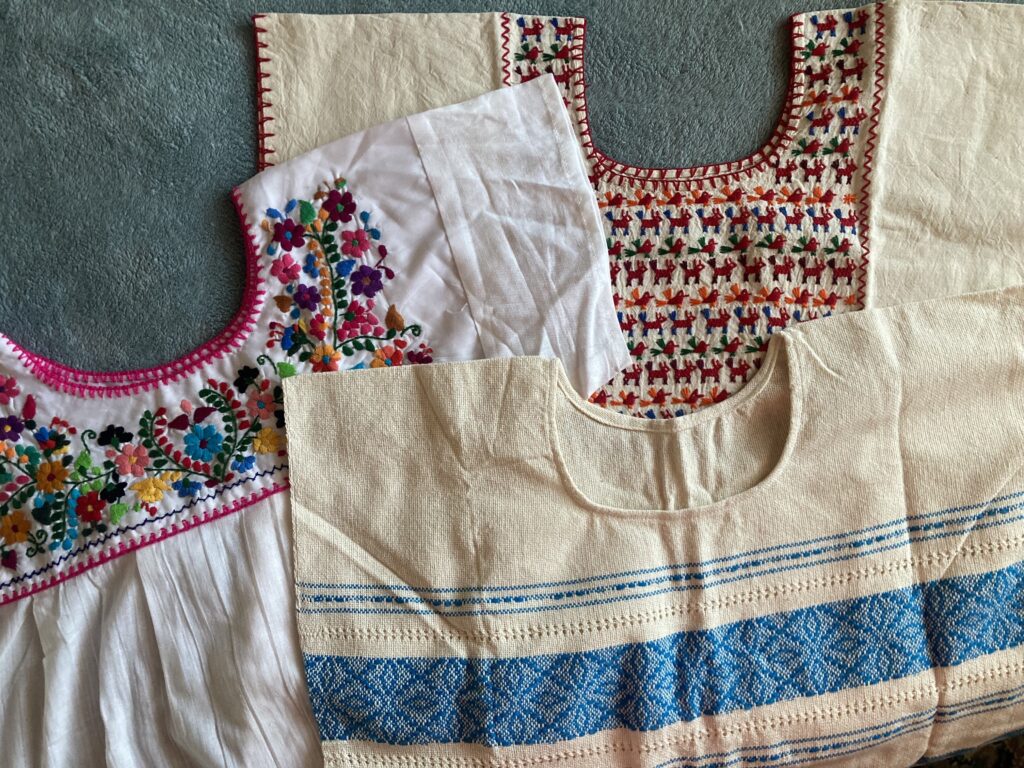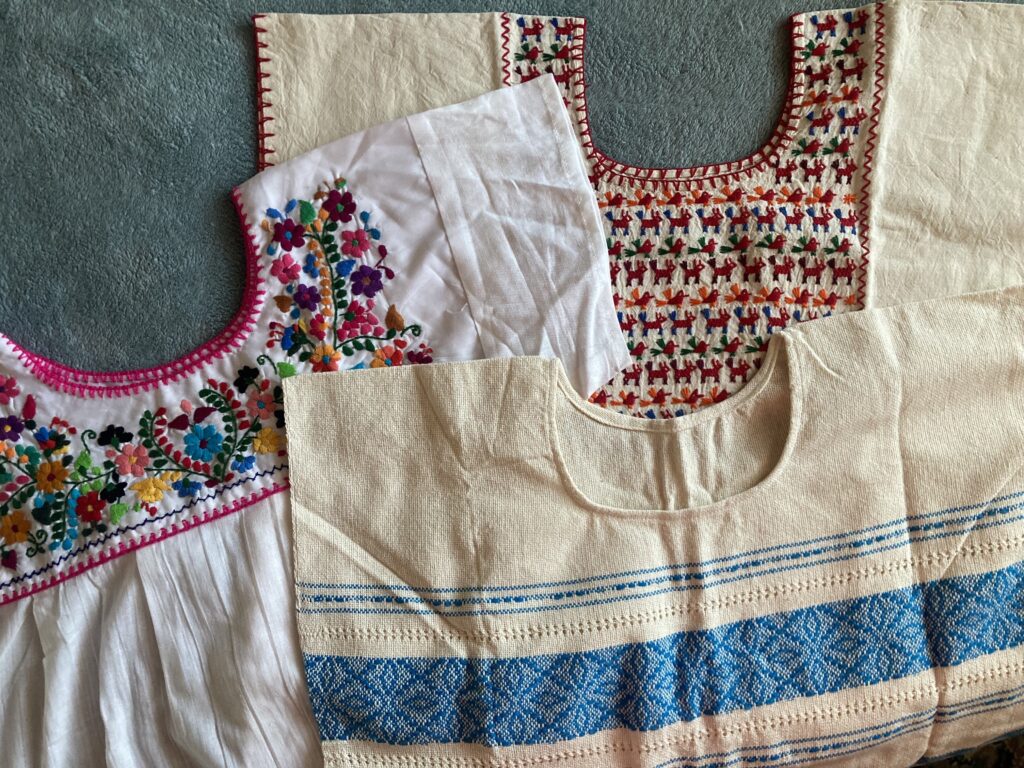“Times have changed, and science has made great progress, and so has our work; but our principles have only been confirmed, and along with them our conviction that mankind can hope for a solution to its problems, among which the most urgent are those of peace and unity, only by turning its attention and energies to the discovery of the child and to the development of the great potentialities of the human personality in the course of its formation.”
Montessori, M. (1948). The Discovery of the Child, NY: Ballantine Books
Helping children develop compassion and acceptance for people who are different can be a challenge. If you’ve read my recent blog, you know this challenge has been heavy on my heart in recent weeks, as it has been for so many, and it’s been a frequent discussion in my Demystifying Cosmic Education Mastermind. Dr. Montessori says to “discover the child” and “develop the great potentialities of the human personality.”
But how?
This was the question we contemplated at last night’s mastermind meeting. One member offered the value of conversations held in the class so that children’s vision could expand to include ideas beyond the ones of their own families. The approach of open and honest conversations about differences and diversity can lay the groundwork for deepening respect that develops over years of experiences.
We can encourage children to ask questions and engage in discussions about people who are different from them. As teachers and parents, we can seek advice to provide age-appropriate answers and explanations with the primary goal to be ever-fostering a sense of curiosity and understanding. These types of conversations help children develop empathy while learning to see the world from different perspectives.
“Never be afraid of the conversations you are having. Be afraid of the conversations you are not having.”
Susan Scott
This quote reminds us of the importance of engaging in conversations about differences. These sorts of conversations can break down barriers and build bridges of understanding and acceptance.
Another approach is to expose children to different cultures, religions, and appearances from an early age. This can be done through books, movies, or field trips to museums and cultural events, but can also be encouraged in the home or classroom by sharing simple artifacts like these gathered in my recent trip to Mexico.


The beauty of the artistry in simple clothing the children can try on or tasting the foods unique to the culture will allow them to be immersed in the many ways humans solve the problems of providing Fundamental Human Needs. These important Montessori lessons enrich the children’s learning, expand their academic skills, and, most of all, help them to they appreciate and respect differences.
Along with these intentional difference-enhancing experiences, it’s important to teach children the value of kindness and respect. They can be guided and encouraged to treat everyone with kindness and respect regardless of their differences. Inclusive language and avoiding stereotypes or discriminatory behaviors can go a long way in helping children develop compassion and acceptance for people who are different when modeled by the adults in their lives
It is so important to support the development of compassion and acceptance for people who are different through a variety of age-appropriate experiences, open conversations, and teaching the value of kindness and respect. When we provide children with diverse experiences and encouraging them to ask questions about differences, they can learn to appreciate and embrace diversity. We can create a culture of curiosity and openness, skills that enhance all kinds of learning and which lead to a more empathetic and inclusive society.

